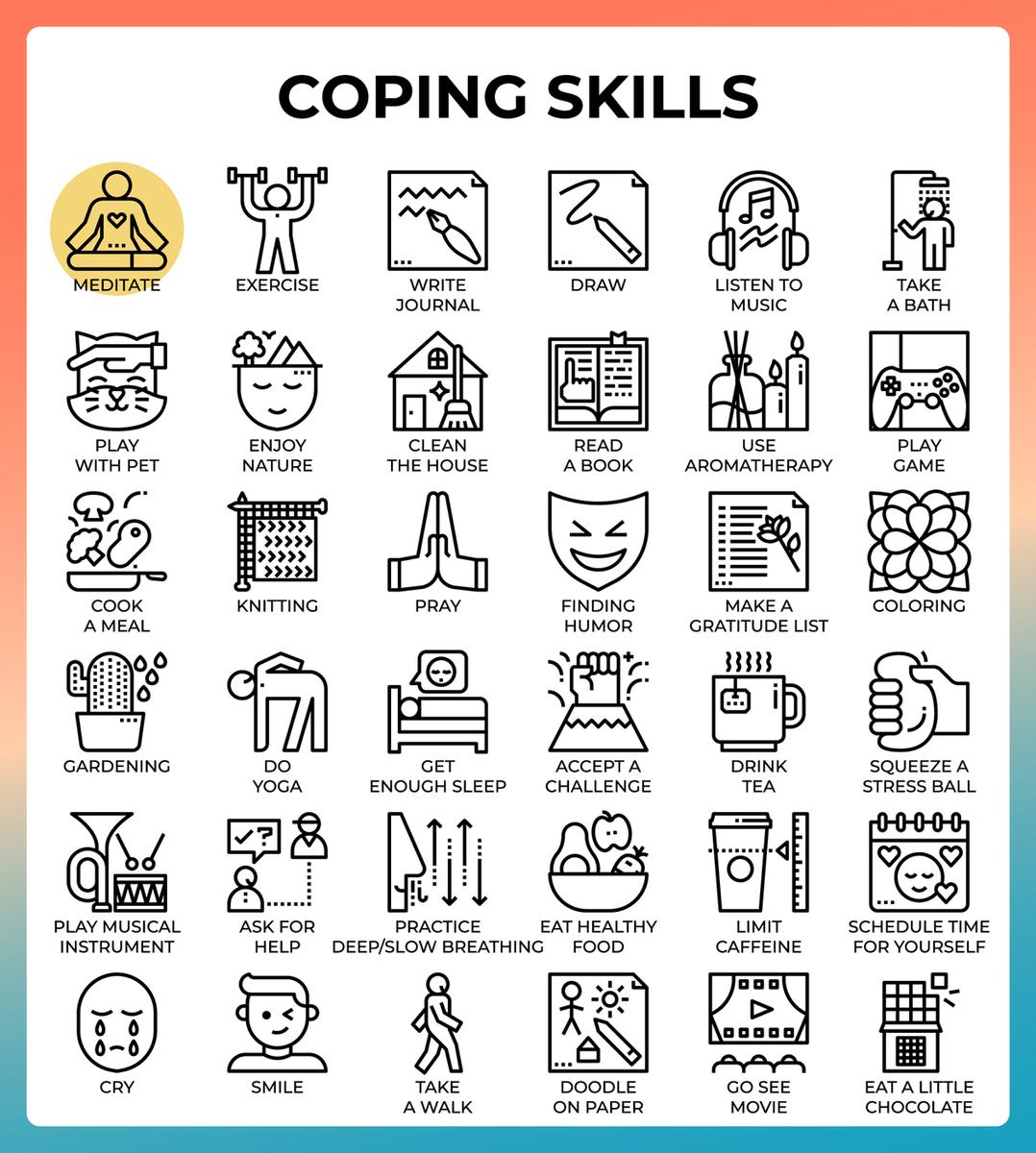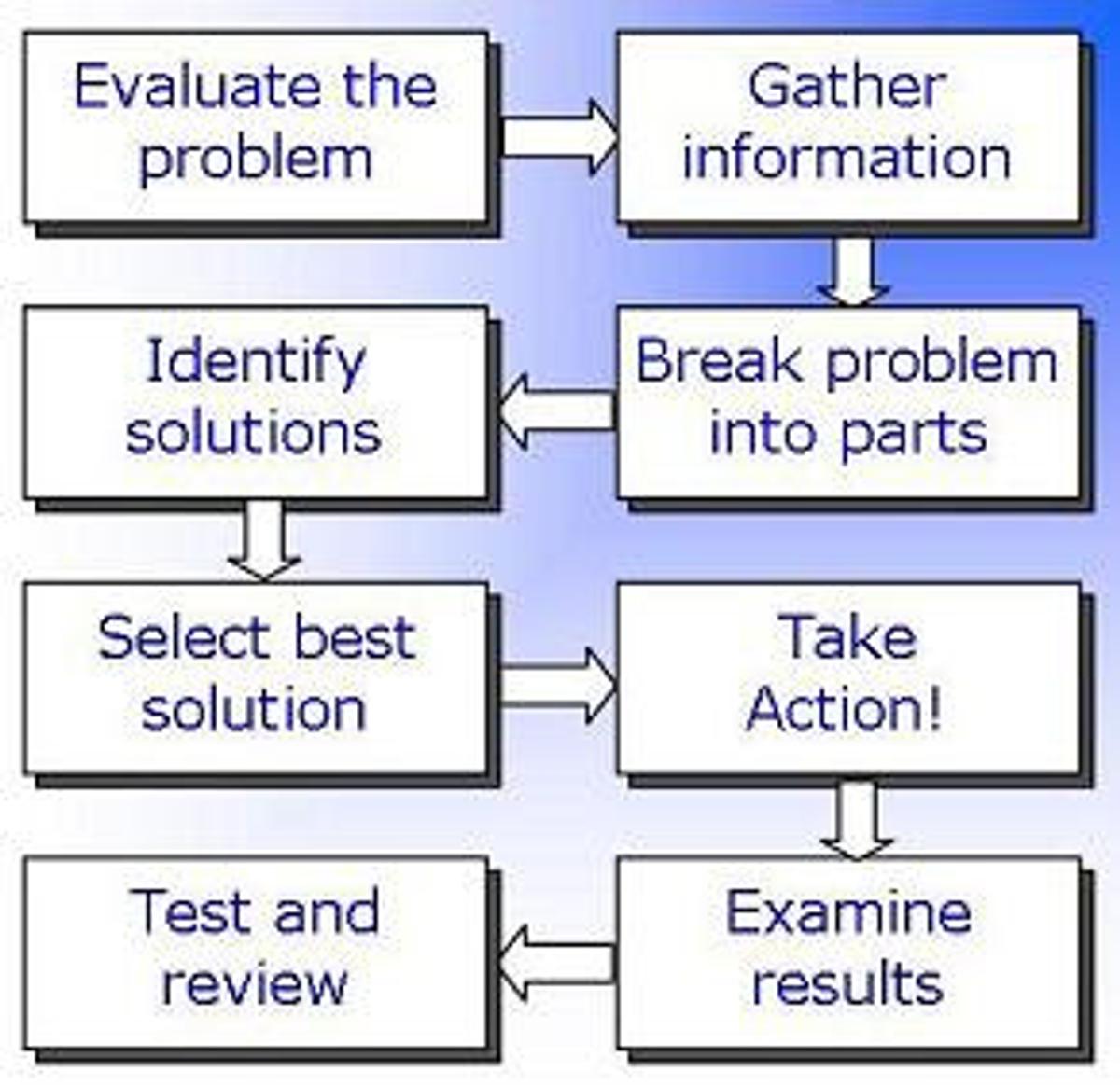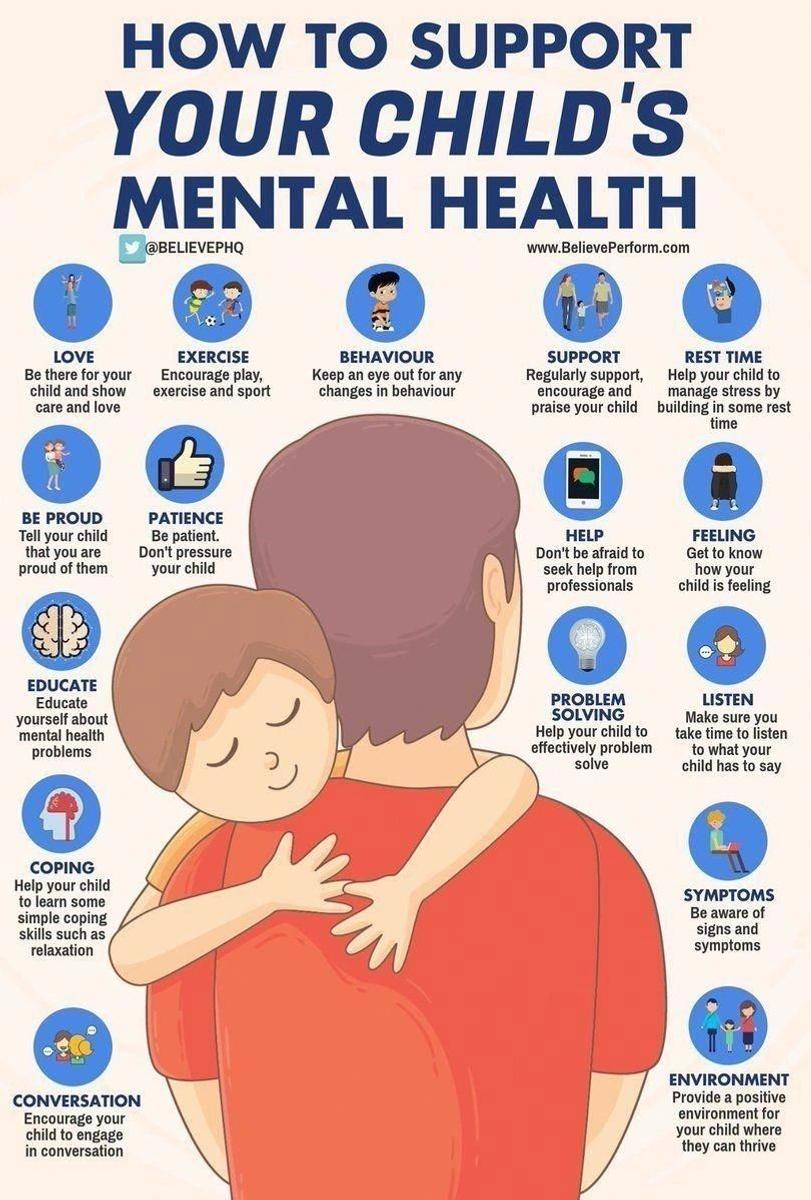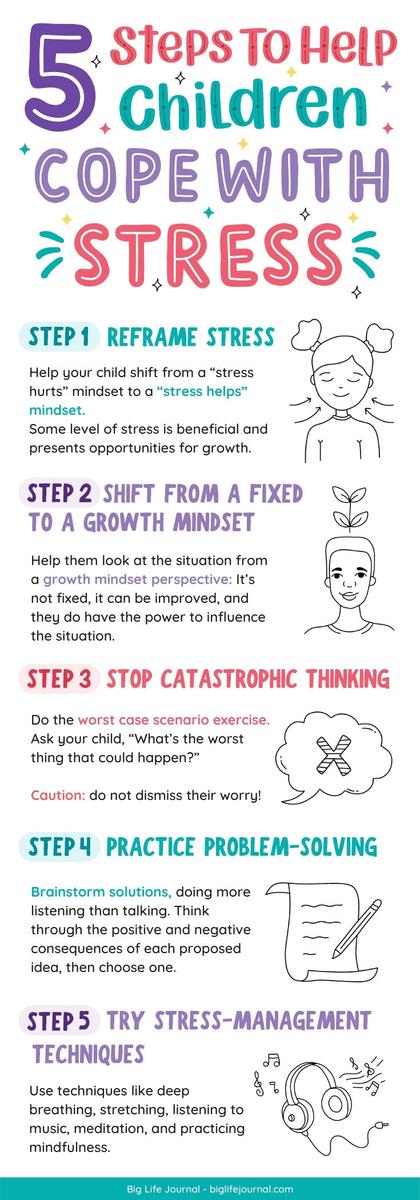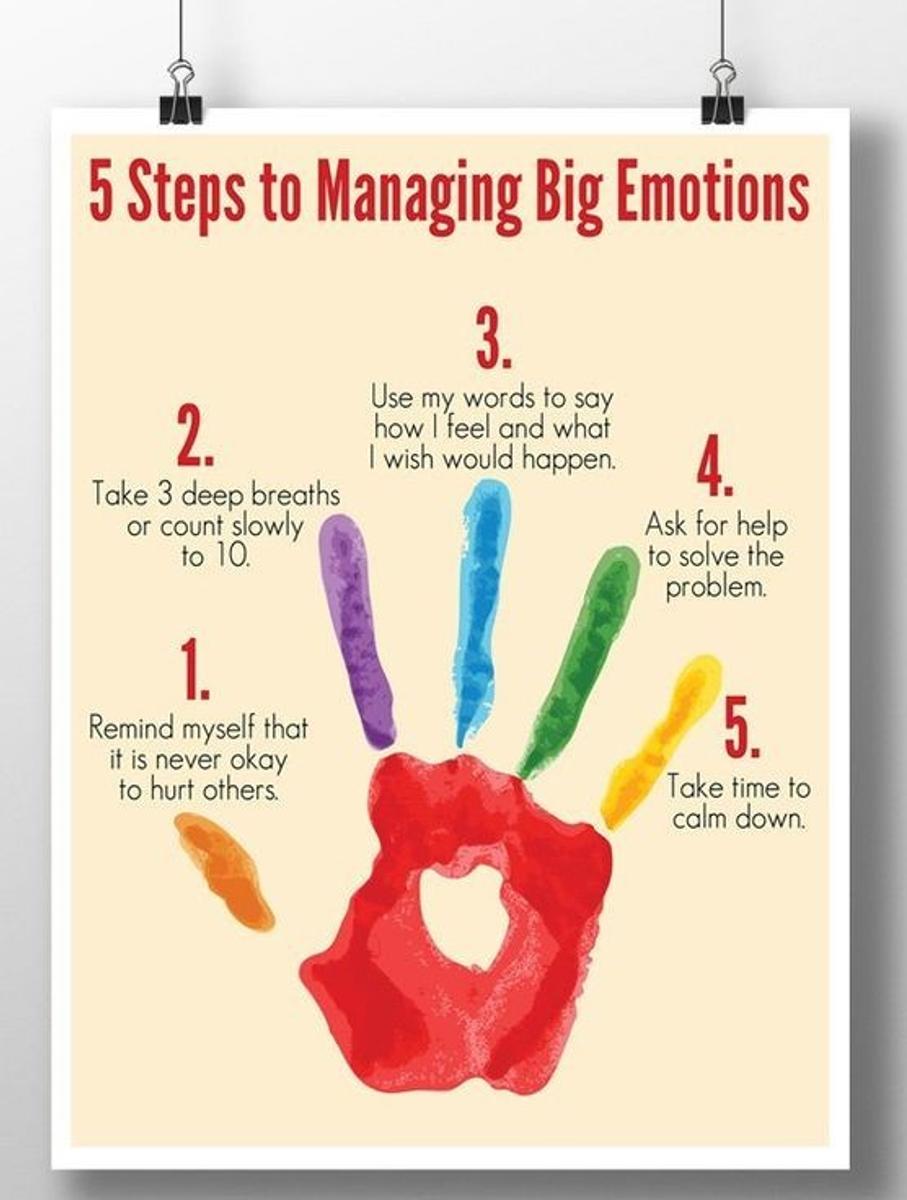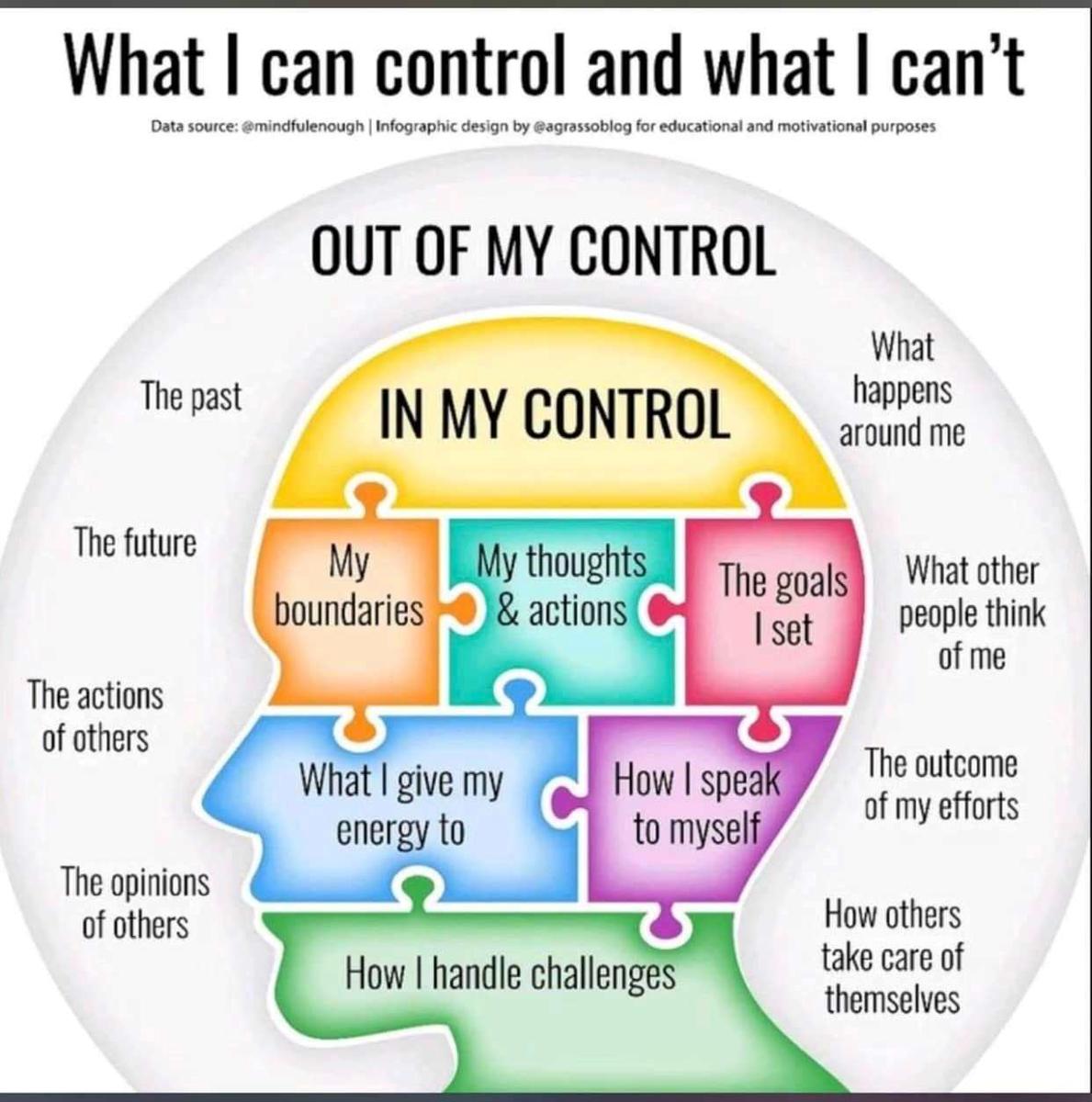Wellbeing

Health and Wellbeing continues to be a big focus and plays a very important role in everything that we do in our daily lives. Being in control of our feelings and emotions goes a long way to good health and wellbeing.
What does Health and Wellbeing mean to us?
Grade Prep - Wellbeing means checking in with our feelings, talking about our emotions and to know what we can do to help feel calm and relaxed.
Health means what we do to look after our bodies. How we exercise and what we eat and drink. Making sure our bodies feel safe and that we keep them moving.
Grade 1 - In Wellbeing, we learn and talk about how we’re feeling and how to make friends and be a good friend. It’s good to learn about feelings because you have knowledge to help others and help yourself when you feel emotional. We see how we’re feeling and try to find ways to be happy. We learnt a new word … compromise where if you play your game every day, maybe one day you can let someone play another game.
Grade 2 - Health and Wellbeing is about how we feel and how we can control our emotions by using different strategies. Relaxing and doing things like mindfulness as a strategy that helps us to stay healthy and improve our wellbeing. Health and Wellbeing helps our physical and mental health in many ways.
Grade 3 - Doing things to help make us feel calm and happy. Eating healthy foods. Learning about our emotions, regulating them and showing empathy to ourselves and others. We don’t just want to be physically healthy but also emotionally, so we need to try and do things that make us feel happy and think of positive thoughts. Thinking about the GEM rules: Gratitude, Empathy, Mindfulness is also helpful.
Grade 4 - It’s about being resilient and bouncing back physically and emotionally.
It’s also about being happy with who we are, sharing our problems and not being afraid to ask for help. Being respectful, grateful and kind to ourselves is also good to do. Our daily check-ins with the Zones of Regulations helps us learn how to regulate our emotions.
Grade 5 - Being happy, healthy and having good mental health is very important. Learning to regulate our emotions with strategies is very helpful. Knowing how we feel, showing empathy is good for our wellbeing and others.
Grade 6 - Health and wellbeing is about taking control of your emotions as well as regulating them. It’s important to have a healthy relationship with yourself emotionally and physically. Having a positive mindset and knowing what to do is what we need to do.
School Values
This term, we reviewed our School Values - Resilience, Respect, Responsibility and Learning Success - discussing their importance and ways we can show them every day. There has been a big focus on showing respect and empathy at home and school.
The RRRR program covered the following areas this term:
Positive Coping
We have been reflecting on emotional responses and discussing ways in which we can take responsibility for our own actions. Describing ways to express our emotions while showing an awareness of the feelings and needs of others are areas we continue to work on. Practising techniques to deal with different feelings has also been a priority.
Problem Solving
We worked on recognising the needs and interests of others. Listening to others’ ideas and recognising that others may see things differently. We also recognise that there are many ways to solve a problem. Identifying options when making decisions to meet needs and the needs of others. We continually discuss how to solve simple interpersonal problems and practice individual and group decision-making.
Help Seeking
Practising solving simple interpersonal problems plays an important part of help seeking. We will continue to identify ways to care for others while also discussing the importance of seeking help when dealing with problems that are too big to solve alone, whether it be seeking help from adults or peers. We have had regular discussions identifying situations in which we should seek help in working through problems.
Stress Management
Identifying and describing personal coping skills plays a big role in stress management. We regularly discuss the ways in which we can use self-calming strategies to manage ourselves in stressful situations. Identifying some causes of stress and strategies that can be used to reduce stress are necessary skills that will help control negative emotions.
Children experience a range of personal and social stressors in their everyday lives. Assisting our kids to recognise their personal signs and symptoms of stress, and to develop strategies that will help them to deal with stress effectively, will help them cope with future challenges.
At home you can help your child learn to manage their stress by:
- Acknowledging and validating your child’s feelings and letting them know you’re there to support them.
- Helping your child to recognise signs of stress such as tense muscles, racing heart, sweaty palms, trouble sleeping and feeling overwhelmed.
- Gently inquiring about what is causing the stress.
- Helping your child to make changes or adjustments to manage the stressors. This may include simply listening to their worries or helping them to manage their time more effectively and prioritise which things need their attention first, and which things can wait.
- Encouraging healthy choices such as being physically active, eating good food and sleeping well.
- Supporting your child to relax and unwind, especially before bed by utilizing relaxation strategies such as listening to quiet music, breathing and mindfulness exercises, reading a book and having a bath.
Look after yourself and each other.
Wellbeing Team

